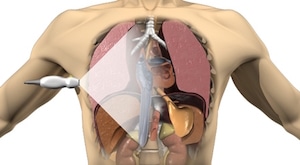cognitive decision making, diagnostic decision making, medical ethics
Episode 51 Effective Patient Communication – Managing Difficult Patients
If you believe that coping with some of the people we deal with in emergency medicine is difficult or impossible, you’re not alone. We all feel this way from time to time. Managing difficult patients can be a challenge to the health care provider and to the entire ED. The hostile aggressive patient, the demanding patient, the know-it-all, the excessively anxious patient, and the incessant complainer, are some of the folks that we need to know how to manage effectively. If we fail to handle these patients appropriately, they may receive suboptimal care, grind patient flow to a halt, and delay care of other patients. If the staff has to deal with a multitude of these patients on a given shift, there’s a sort of swarm-based escalation in frustration and sometimes, unfortunately, a total breakdown of effective patient communication and care. But don't fret. In this one-of-a-kind podcast on effective patient communication and managing difficult patients, Dr. Walter Himmel, Dr. Jean-Pierre Champagne and RN Ann Shook take us through specific strategies, based on both the medical and non-medical literature, on how we can effectively manage these challenging patients. As a bonus, we address the difficult situation of breaking bad news with a simple mnemonic and discuss tips on how to deliver effective discharge instructions to help improve outcomes once your patient leave the ED.






